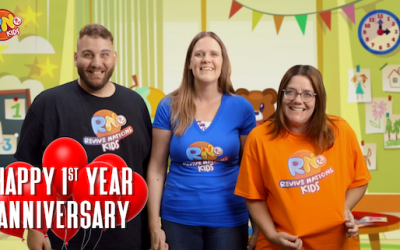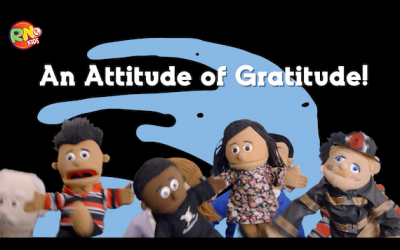
Revive Kids
Punishment and Consequences

By Sarah Evans
When looking at the topic of disciplining our children, it does not take long before the words ‘punishment’ and ‘consequences’ are mentioned. Do these two words mean the same thing, or do they have two distinctive and very different definitions?
This week I would like us to begin thinking about the meaning of these two words, and I would like us to begin asking ourselves how they relate to the method of discipline that we use with our children:
– What forms of punishment and/or consequences are best when attempting to raise our children?
– How can we ensure that our methods of discipline (in regards to punishment and consequences) help, and not hinder, our children in becoming faith-filled and God-loving individuals?
According to www.dictionary.com, the definition for the word ‘consequence’ is the following:
- /ˈkɒn sɪˌkwɛns, -kwəns/ The effect, result, or outcome of something occurring earlier:
- A penalty inflicted for an offense, fault, and/or severe handling or treatment.




